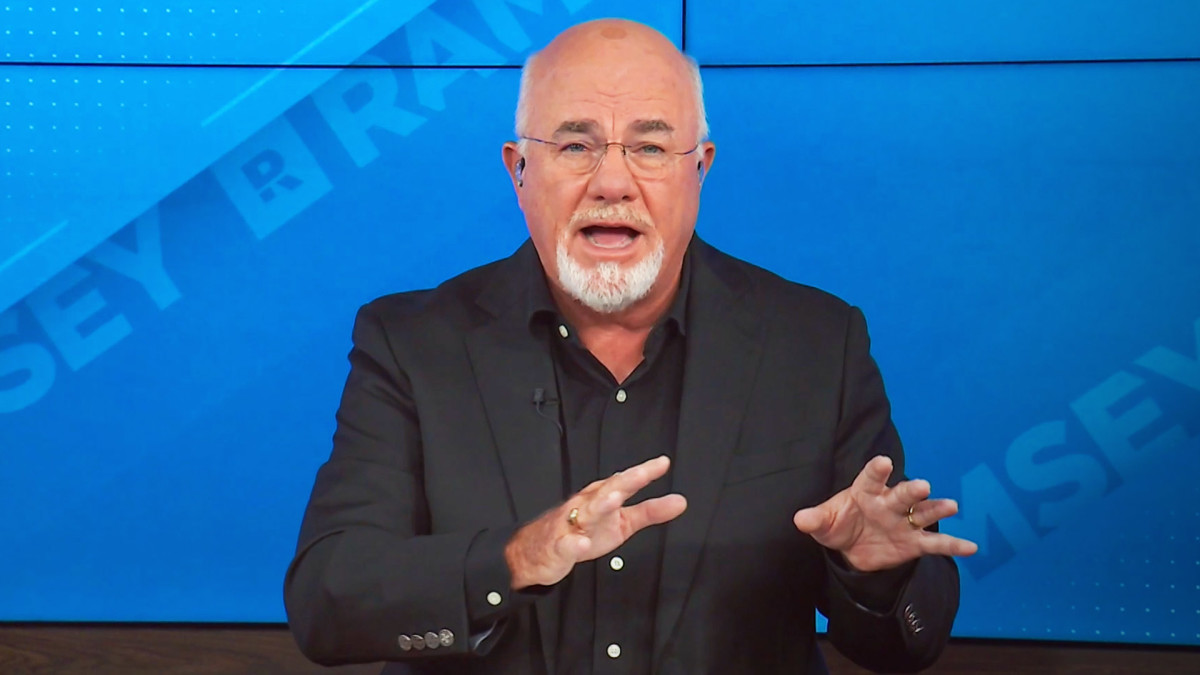The 'magic Number' For Retirement Is Down To $1.3m, But Americans Are Still Concerned

Americans believe they will need $1.26 million to retire comfortably, a figure that reflects declining expectations amid persistent financial pressures, according to new data from Northwestern Mutual’s 2025 Planning & Progress Study.
The findings are based on an online survey of 4,626 US adults age 18 and older conducted by The Harris Poll for Northwestern Mutual between Jan. 2 and Jan. 19, before President Donald Trump took his second term at the Oval Office and unveiled his tariff-heavy economic policies that have effectively led to a collapse in both consumer and business confidence.
This year's consensus estimate of $1.26 million is down from the previous magic number of $1.46 million reported last year and closely aligned with estimates from 2022 and 2023. While the lower number could signal adjusted outlooks on inflation and cost of living, it still far exceeds what many Americans have saved for retirement.
Among survey respondents with retirement savings, one-quarter reported having the equivalent of one year or less of their current annual income set aside. More than half of Americans say it’s at least somewhat likely they will outlive their savings – including 56 percent of Gen X and 57 percent of millennial respondents. Just 16 percent consider that outcome very unlikely, and over one-third have taken no steps whatsoever to mitigate the risk of outliving their assets.
“Americans’ ‘magic number’ to retire comfortably has come down – but it remains high, far beyond what many people have actually saved,” John Roberts, chief field officer at Northwestern Mutual, said in a statement revealing the findings. “One explanation for the new number could be inflation – while still people’s No. 1 concern – isn’t as elevated as it was in recent years.”
According to the survey, retirement readiness is especially precarious for Generation X. More than half of Gen X respondents said they do not expect to be financially prepared when they retire – possibly due to the double-pronged financial pressure felt by members of the so-called "sandwich generation" – and 52 percent have savings totaling three times their current income or less.
The report also explored generational contrasts in planning habits. On average, Americans said they began saving for retirement at age 31 and aim to retire at 65. Gen Z respondents reported starting at 24 and planning to retire at 61. Baby boomers, by contrast, began saving at 37 and expect to retire at 72.
Despite starting earlier, younger Americans may be overlooking key areas of risk management. Sixty-one percent of Gen Z and 60 percent of millennials said they are more focused on accumulating wealth than protecting it with tools like life or disability insurance. Among baby boomers, that figure dropped to 35 percent.
Social Security emerged as another key concern. Less than 30 percent of Gen X and baby boomers said they plan to delay receiving benefits to maximize payouts. Around 45 percent intend to claim at full retirement age, while over a quarter plan to start receiving benefits as soon as eligible, even at the cost of reduced monthly income.
Gen X also ranked the reliability of Social Security as nearly equal in importance to knowing how much they need to retire. Compared to other generations, concerns over the program’s longevity were also notably less pronounced, with just 26 percent wondering whether the program will still be around when they're eligible for retirement benefits.
“Everyone deserves their own ‘magic number’ that considers where they will live, what lifestyle they will have, their sources of income, and more," Roberts stressed. "Rules of thumb are everywhere, but nothing is better than a financial plan that’s personalized and custom-built just for you.”
In March, Northwestern Mutual bolstered its commitment to supporting Americans' financial future with a bold recruitment drive, announcing a lofty goal to add more than 5,000 financial professionals to its field force this year.


